RETRO FILM REVIEW – In 1991, Oliver Stone boldly confronted Washington, Hollywood, and history itself to create his controversial drama, JFK. The film’s impact is still felt today. This retro review is prompted by the recent assassination attempt on Donald Trump, which raises questions about whether it was staged, similar to how the JFK film suggests the assassination was pinned on Lee Harvey Oswald.
Thirty-three years after its December 1991 release, JFK’s influence remains palpable, from Washington’s politics to Hollywood’s world-building. For the baby boom generation, the film processed a raw generational loss, while for Gen-X, it defined everything they knew about Kennedy and his death. The film’s visual representation elevated the art form to new heights, providing a sensory experience unlike any other. Its content introduced a new generation to America’s long tradition of conspiracy theories. JFK remains with us, in both style and substance.
Controversies and Consequences
JFK: The Open File is a mesmerizing piece of work that was one of the most provocative films of the ’90s. A generation watched this film and became convinced that the U.S. government covered up—and perhaps even participated in—John F. Kennedy’s assassination. Oliver Stone described the film as a counter-myth to the Warren Commission’s established myth. The film intentionally asked questions rather than providing answers, which many misunderstood upon its release, believing Stone was offering definitive proof that a New Orleans businessman, Clay Shaw, was deeply involved in Kennedy’s assassination. Instead, it presents a theory about New Orleans District Attorney Jim Garrison’s attempt to prosecute Shaw, which remains the only trial brought forward in connection with the JFK assassination.
This scenario radically challenged the Warren Commission’s findings, which concluded that Kennedy was killed by a lone gunman, Lee Harvey Oswald. Garrison’s theory posited that the CIA—whom Shaw once worked for—killed Kennedy because he wanted to de-escalate the Vietnam conflict and dramatically reshape American foreign policy. The jury acquitted Shaw in less than an hour.
Kennedy’s assassination became the subject of speculation almost immediately after the shots rang out in Dealey Plaza on November 22, 1963. Two days later, Oswald himself was shot and killed, creating a black hole of suspicion that only widened.
Oliver Stone and Pop Culture
To understand JFK’s impact on pop culture in ’91, one must be familiar with Stone’s career. Simply put, he was his era’s most controversial and acclaimed director. His films were not only successful but also brought in significant revenue, granting him immense creative freedom. Stone was seen as America’s conscience, having made films like Platoon, which helped the country process the Vietnam War. In contrast, its quasi-sequel, Born on the Fourth of July, dealt with the anti-war movement. Between these films, he made Salvador (released before Platoon), exposing U.S. involvement in the Salvadoran Civil War. Meanwhile, Wall Street critically examined the “Me Generation” and how the pursuit of wealth spawned the infamous sequel to the hippie generation—the yuppies.
Amazingly, JFK was not Stone’s only film in 1991; he also directed The Doors. The JFK assassination is widely remarked upon as the moment America lost its innocence, although this may be a naive statement considering its history. However, a line from the film certainly resonates with an entire generation, where Kevin Costner’s Jim Garrison calls us a generation of Hamlets and urges us not to forget our fallen king.
Despite the film’s controversies, it seemed every major star at the time wanted to be part of it. Kevin Costner was at the peak of his fame, having won two Oscars for Dances With Wolves and recently topping the box office with Robin Hood: Prince of Thieves. Casting him as Garrison was a powerful choice. But many huge stars were involved, including Jack Lemmon, Walter Matthau, John Candy, Ed Asner, Tommy Lee Jones, Joe Pesci, Sissy Spacek, Kevin Bacon, and Donald Sutherland—all in both major and minor roles. To play the film’s Oswald, who is presented as the ultimate patsy, Stone chose Gary Oldman.
Reception of the Film
In JFK, Oliver Stone used familiar tropes from classic paranoid thrillers and detective stories. The film, punctuated by dizzying montages and the repeated use of the Zapruder film, which graphically captured Kennedy’s death, crafted a grand, albeit disjointed, theory involving the CIA, FBI, Mafia, U.S. military, and intelligence, as well as Kennedy’s vice president, Lyndon B. Johnson.
Watching the film now, it’s easy to get caught up in its intensity, often finding that the three-and-a-half-hour runtime stretches to five hours as I delve into various theories, such as the dismissal of the Single Bullet Theory. Despite being almost entirely dialogue and exposition, the film remains incredibly exciting. Stone’s sense of pacing is remarkable, and the cast is uniformly excellent. Kevin Costner stands out as the Shakespeare-quoting Garrison, bringing a particular sophistication to the role.
Meanwhile, Tommy Lee Jones defies expectations as Shaw, whose homosexuality is portrayed in a way many consider exaggerated, particularly in the infamous scene where Jones, painted gold, brays like a donkey and inhales poppers. He was the only cast member to receive an Oscar nomination. Joe Pesci excels as the conscience-stricken David Ferrie, but the film is nearly stolen by the late Donald Sutherland, whose powerful, extended cameo as Mr. X explains the assassination’s motives to Garrison in a bravura sequence.
Impact on Stone’s Career
While some argue that JFK ruined Oliver Stone’s career, this isn’t true. Despite the film’s controversies and criticisms, it didn’t halt Stone’s career. For instance, an episode of Quantum Leap featured Scott Bakula’s character, Sam, leaping into Lee Harvey Oswald’s body, but his mind is controlled, preventing him from stopping the assassination. The episode concludes that Oswald acted alone.
Though JFK was Stone’s last major hit, it wasn’t his last significant film. Natural Born Killers, Heaven & Earth, and Any Given Sunday all had large budgets, as did his epic Alexander. These films were much more extreme than his earlier works, with Natural Born Killers being far more controversial than JFK ever was. Nonetheless, Stone continued to receive substantial budgets for years, even though his films became less successful, and he himself became a polarizing figure. However, JFK remains one of his essential works, and if it was the last time he tapped into the zeitgeist, it was a significant achievement that can’t be denied—even if you believe Oswald acted alone.
-Gergely Herpai “BadSector”-
JFK
Direction - 9.4
Actors - 9.8
Story - 9.4
Visuals/Music/Sounds - 9.6
Ambience - 9.8
9.6
MASTERPIECE
JFK: The Open File is one of the most provocative films of the '90s, reexamining the Kennedy assassination and remaining one of Oliver Stone's most important works. Its lasting impact is still felt today, reminding us that history is always worth reexamining.

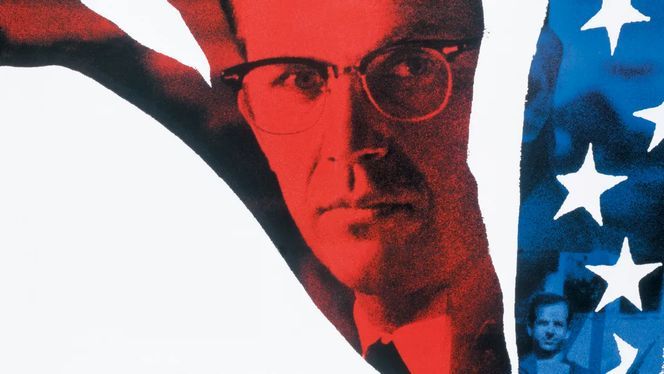
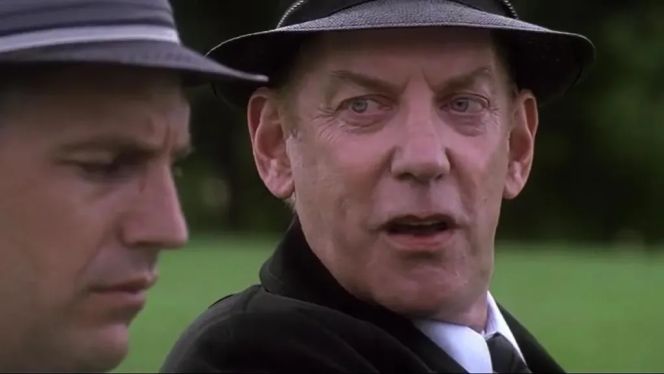
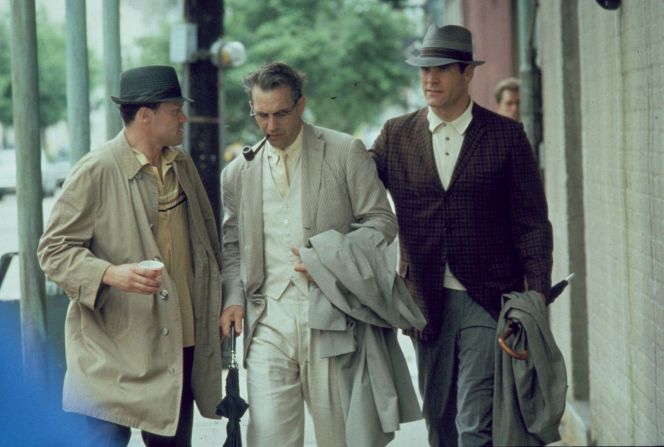
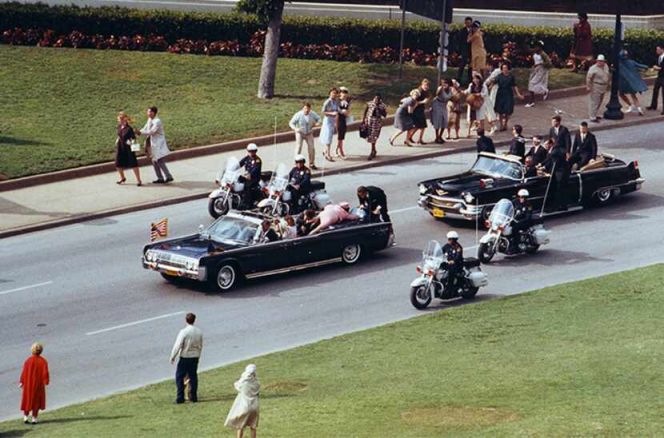





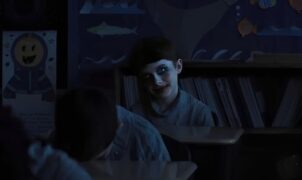



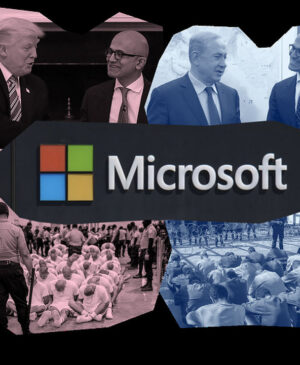



Leave a Reply